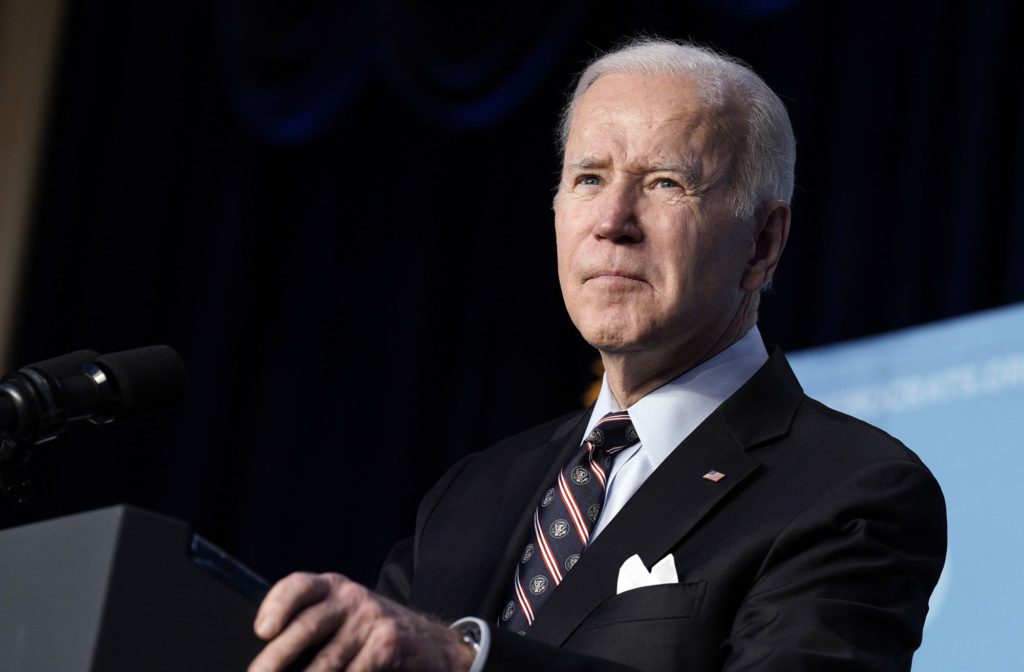President Joe Biden’s administration secured an agreement with the Netherlands and Japan to restrict exports of some advanced chipmaking machinery to China in talks that concluded Friday in Washington, according to people familiar with the matter.
(Bloomberg) — President Joe Biden’s administration secured an agreement with the Netherlands and Japan to restrict exports of some advanced chipmaking machinery to China in talks that concluded Friday in Washington, according to people familiar with the matter.
The agreement, aimed at undercutting Beijing’s ambitions to build its own domestic chip capabilities, would extend some export controls the US adopted in October to companies based in the two allied nations, including ASML Holding NV, Nikon Corp. and Tokyo Electron Ltd.
There is no plan for a public announcement of the restrictions, and actual implementation could take months as the two countries finalize legal arrangements, people familiar with the matter said.
“Talks are ongoing, for a long time already, but we don’t communicate about this. And if something would come out of this, it is questionable if this will be made very visible,” Dutch Prime Minister Mark Rutte said earlier Friday in The Hague in response to a question about the talks.
“This is such a sensitive topic that the Dutch government chooses to communicate diligently, and that means that we only communicate in a very limited way,” Rutte said.
A spokeswoman for the White House’s National Security Council didn’t immediately respond to a request for comment. A Dutch trade ministry spokesperson declined to comment.
The Netherlands will prevent ASML from selling to China at least some immersion lithography machines, the most advanced kind of gear in the company’s deep ultraviolet lithography line. The equipment is crucial to making cutting-edge chips. Japan will set similar limits on Nikon.
The agreement is a victory for Biden, who seeks to constrain Beijing’s military advancement by cutting the country off from the world’s tiniest semiconductors. But ASML’s chief executive officer, Peter Wennink, has warned that the US campaign could have unintended consequences, predicting that China will develop the technology itself instead of importing it.
“That will take time, but ultimately they will get there,” he said Jan. 25.
–With assistance from Ian King.
(Updates with further details beginning in seventh paragraph. An earlier version of this story corrected spelling of Tokyo Electron.)
More stories like this are available on bloomberg.com
©2023 Bloomberg L.P.










